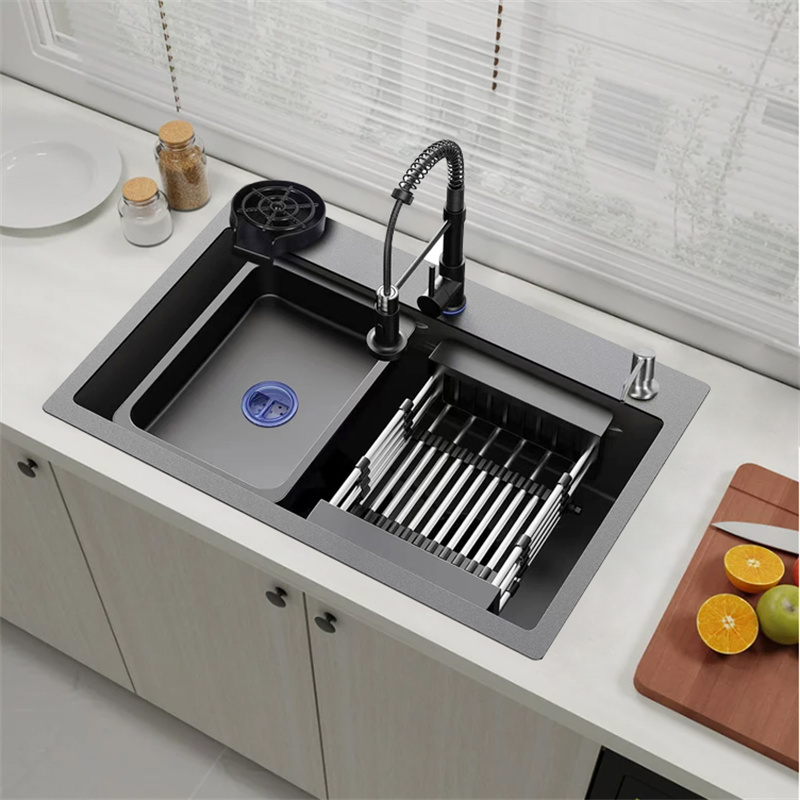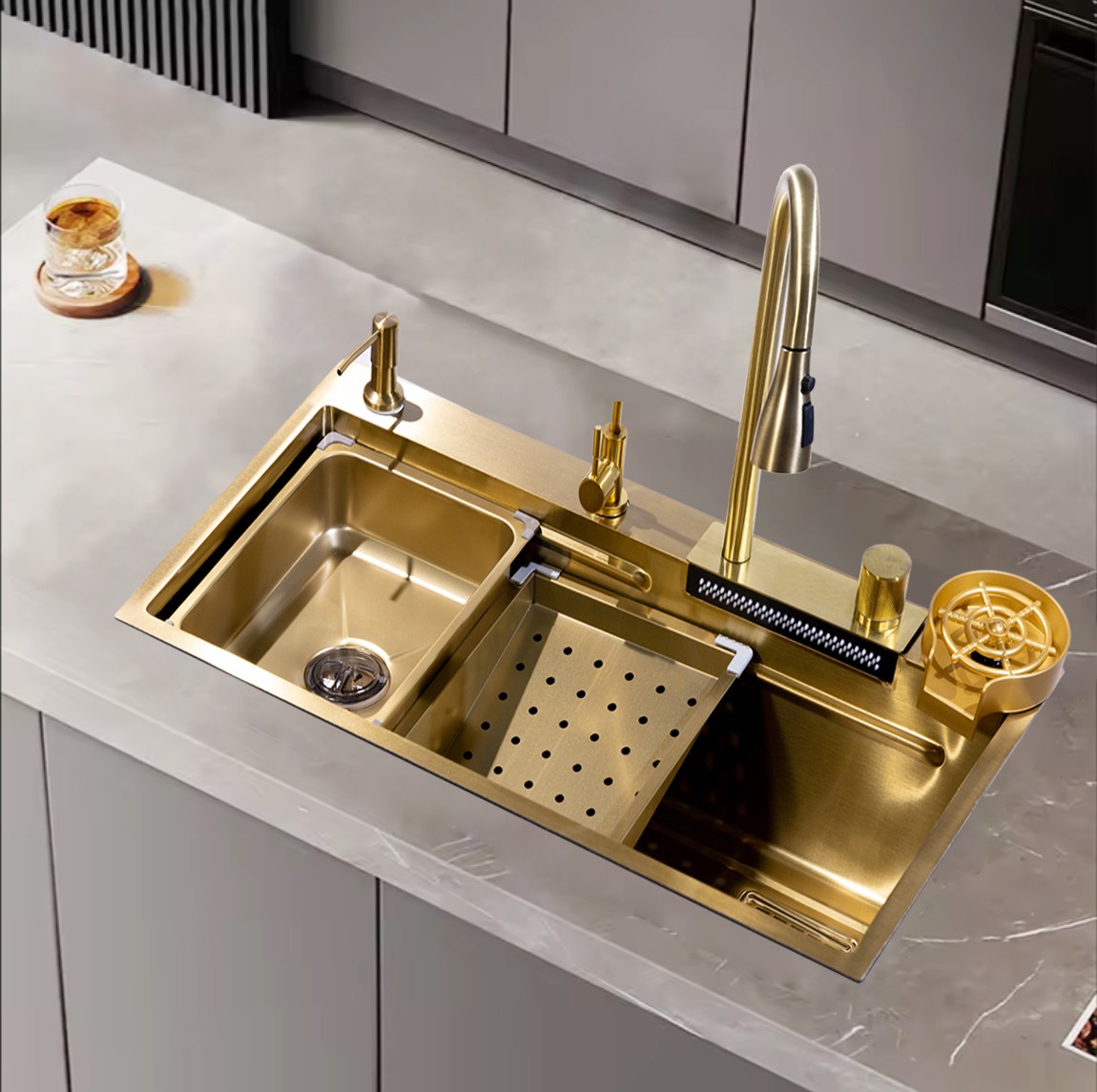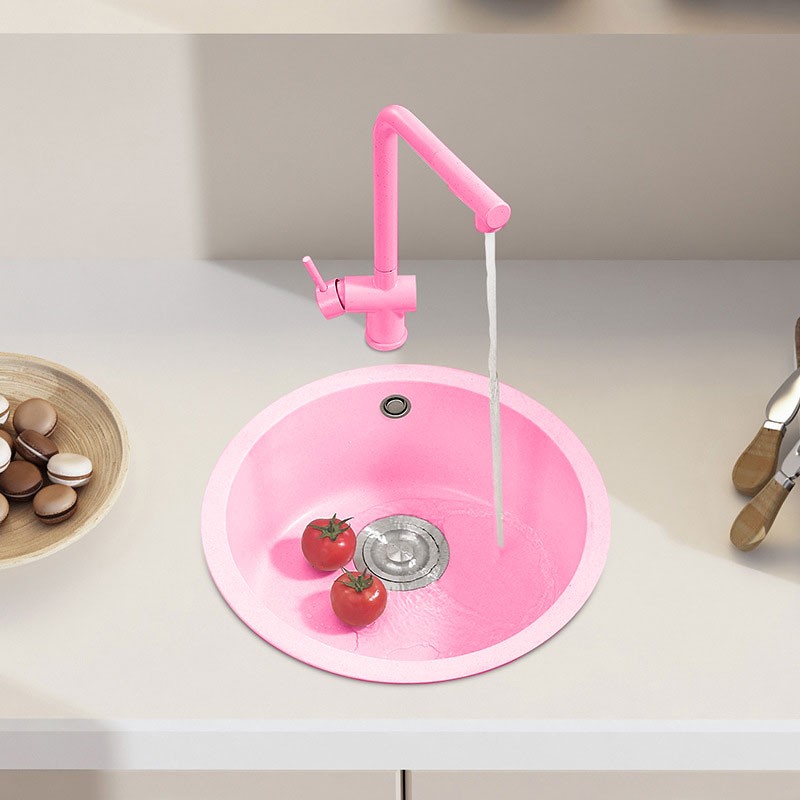Latest News and Innovations in Kitchen Sink Technology
The kitchen sink is an important part of any home, serving as the centerpiece for food preparation, dishwashing, and general cleaning. Kitchen sink technology has evolved over the years, offering improved functionality, efficiency, and style. From innovative materials to smart features, there are exciting developments in the kitchen sink world worth exploring.
One of the most important trends in kitchen sink technology is the use of advanced materials. Traditional stainless steel sinks have long been popular for their durability and corrosion resistance. However, new materials such as composite granite and refractory clay are gaining traction in the market. These materials are available in a wider range of colors and finishes and have enhanced resistance to scratches and stains. Additionally, they provide a more modern and luxurious aesthetic to the kitchen space.
In terms of functionality, manufacturers are introducing innovative features that make kitchen sinks more efficient and convenient to use. For example, some sinks now feature integrated cutting boards and colanders for seamless food preparation and cleanup. Others feature built-in water filtration systems that provide clean and safe drinking water directly from the tap. These advancements not only simplify kitchen tasks but also contribute to a more sustainable and eco-friendly lifestyle
Another notable development in kitchen sink technology is the integration of smart features. With the rise of smart homes, kitchen sinks now come with touchless faucets, motion-activated sensors, and voice-activated controls. These features not only improve hygiene and convenience but also meet the growing demand for hands-free and intuitive kitchen equipment. Additionally, some smart sinks are designed to monitor water usage and provide real-time feedback on consumption, thereby promoting water conservation and cost savings.
In terms of design, kitchen sinks are becoming more versatile and customizable to fit different preferences and lifestyles. Undermount sinks are mounted beneath the countertop, offering a seamless look and remain a popular choice for modern kitchens. Additionally, farmhouse sinks are making a comeback with their large apron-front designs, adding a touch of rustic charm to contemporary spaces. Additionally, manufacturers offer a variety of shapes and configurations, allowing homeowners to personalize their kitchen sinks based on their specific needs and aesthetic preferences.
In addition to physical attributes, the kitchen sink industry embraces sustainability and eco-conscious practices. Many manufacturers prioritize the use of recyclable and environmentally friendly materials in sink production. Additionally, water-saving technologies such as low-flow faucets and aerators are being integrated into kitchen sink designs to minimize water waste. These efforts reflect a growing awareness of environmental responsibility and a desire to create products that adhere to the principles of sustainable living.
In the world of kitchen design and renovation, the role of the kitchen sink has evolved from a purely utilitarian fixture to a focus that combines functionality, aesthetics and technological innovation. As homeowners seek to create stylish, efficient kitchen spaces, demand for advanced and customizable sink options continues to grow. Whether through the use of innovative materials, smart features or sustainable practices, developments in kitchen sink technology are shaping the way we interact with and experience the heart of our homes.











